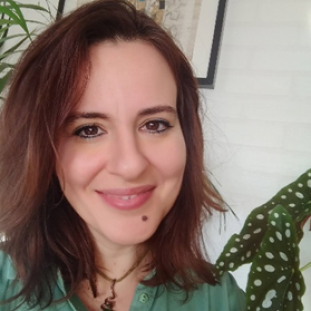
Manuela Ritondale is an Assistant Professor of Classical Archaeology at the IMT School for Advanced Studies Lucca and a Postdoctoral Researcher in Digital Heritage at the University of Groningen. Among her other international appointments, she is also Scholar at the Jantina Tammes School of Digital Society, Technology, and AI (2025–2028), invited lecturer (2023-2025) in the Global Maritime Archaeology program at the University of Malta where she teaches digital applications in underwater archaeology, co-coordinator of the Netherlands Chapter of the Association of Critical Heritage Studies, and Editorial Board Member for Springer Nature's 'Humanities & Social Sciences Communication' Journal.
She holds a BA in Underwater Archaeology and an MA in Ancient History. She earned a double doctorate in Mediterranean Archaeology and in Analysis and Management of Cultural Heritage from the University of Groningen and IMT Lucca. Her academic background reflects a strong interdisciplinary foundation bridging classical archaeology, heritage studies, and digital methods.
Her research focuses on computational approaches to cultural heritage, particularly the use of digital tools to analyse and communicate both tangible and intangible heritage. Her PhD centred on archaeological predictive modelling in maritime contexts. During this time, she was awarded the Catharine van Tussenbroek grant, which supported her work as a visiting scholar at the Complexity Lab, Faculty of Physics, University of Barcelona. There, she developed -in cooperation with Dra Luce Prignano- a methodology to assess the impact of dataset biases in archaeological network analysis (in press).
Following her PhD, she briefly held positions as a Data Steward at the Van Gogh Museum and as a Postdoctoral Researcher at the Glasgow School of Art. She then returned to the Groningen Institute of Archaeology, where she has expanded her research to include -in addition to her continued work on spatial analysis and GIS applications in digital humanities- the ethical dimensions of digital heritage, examining how digital tools influence narratives, access, and ownership in cultural heritage.
Alongside her research, she has extensive teaching experience in GIS and spatial analysis for archaeology and digital humanities, at IMT, the University of Groningen, and at the University of Malta as invited lecturer. She holds a Dutch University Teaching Qualification (UTQ or BKO- Basiskwalificatie Onderwijs)
